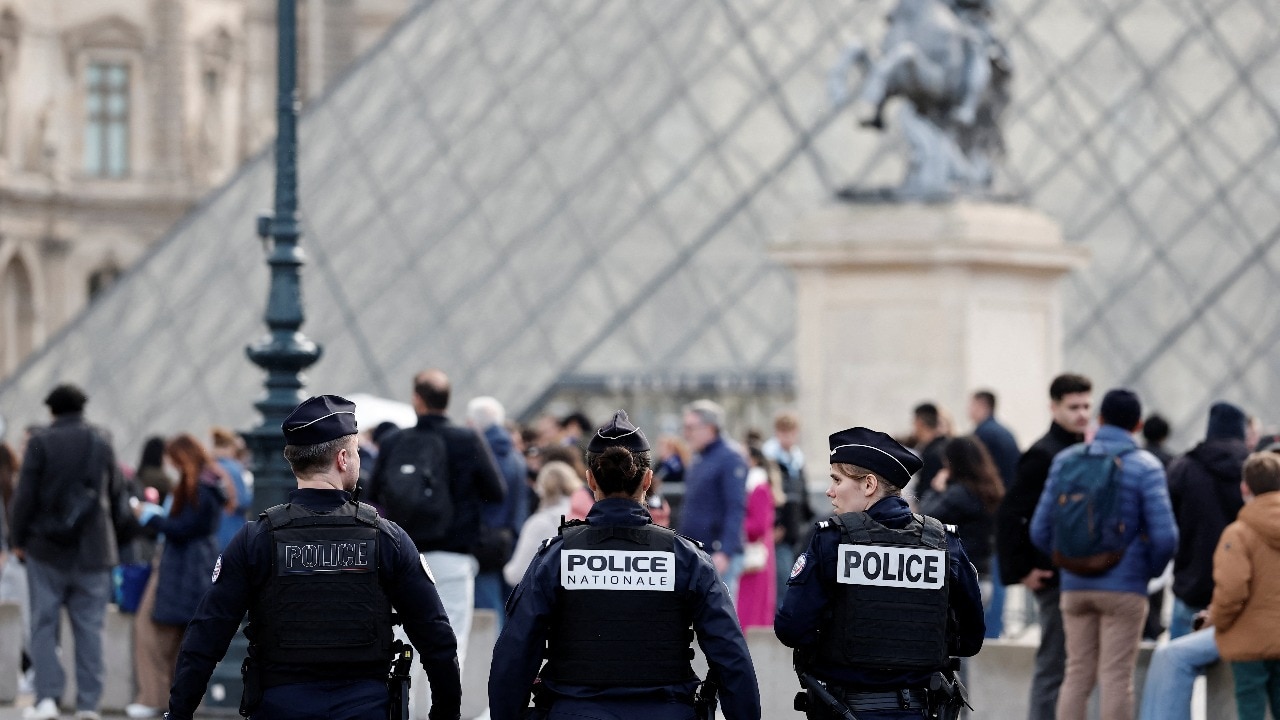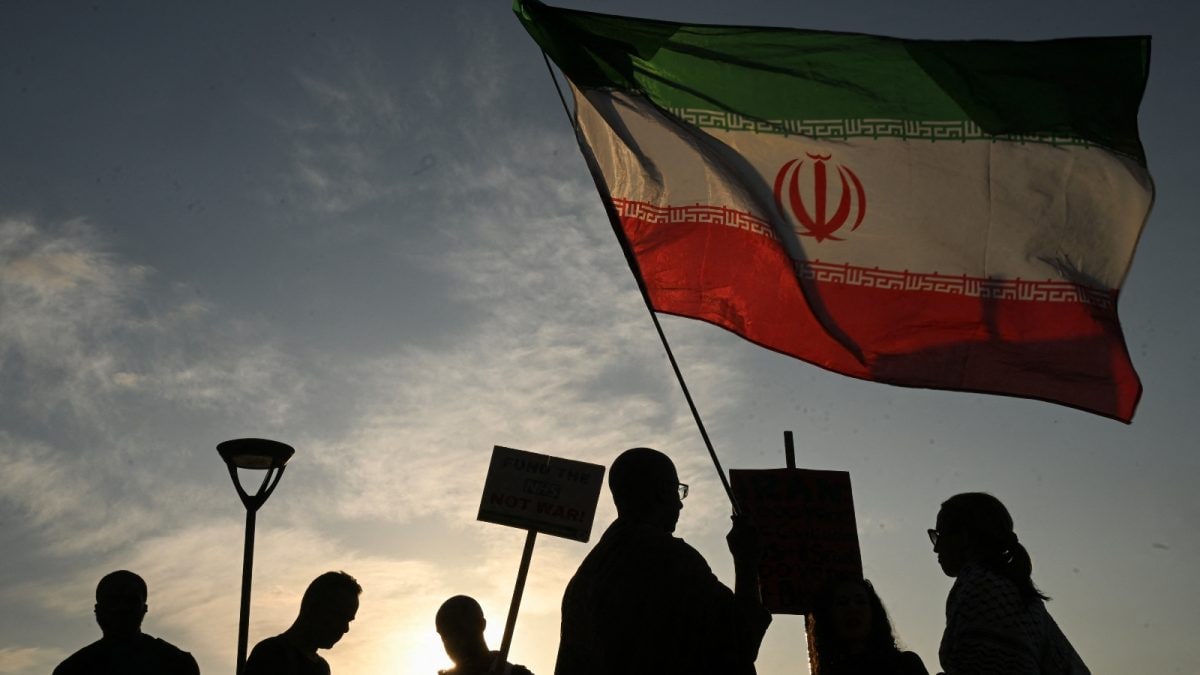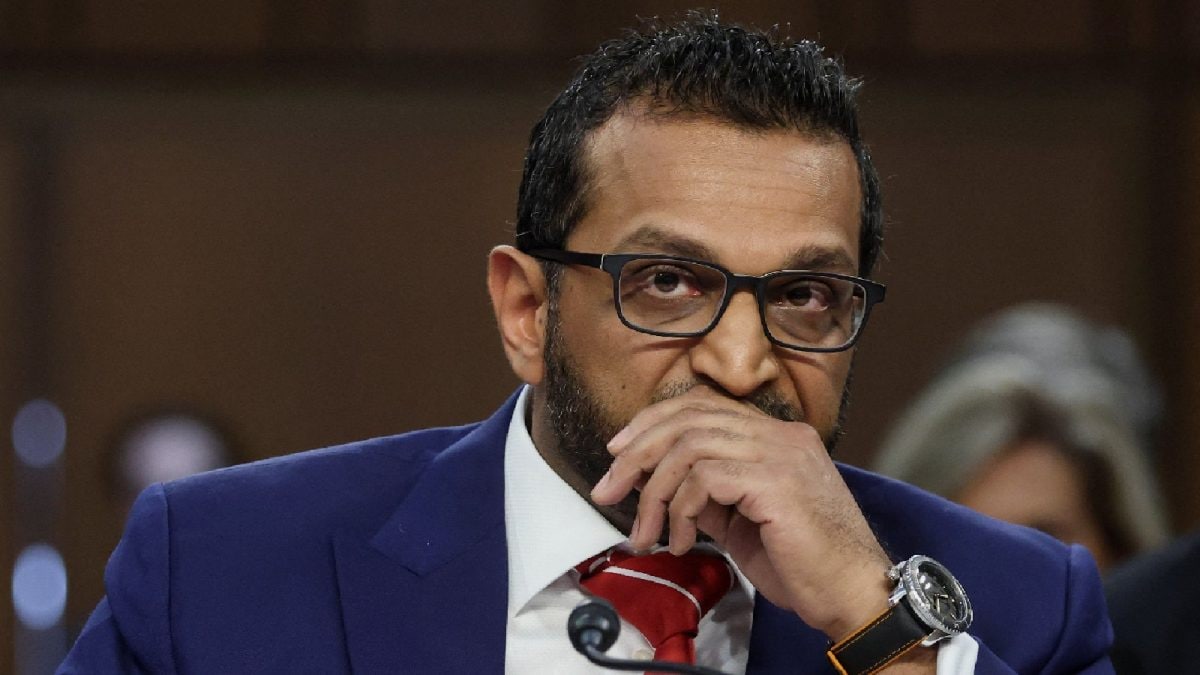Last Updated:August 21, 2025, 18:12 IST
Under Sharia law, first-time offenders can face up to two years in prison, a 3,000-ringgit fine, or both. Previously, missing three Fridays meant up to six months jail or a fine

In many Muslim-majority countries, Namaaz is considered a religious duty, but legal punishments for missing prayers are rare. (Representative/PTI)
In many Muslim countries, strict regulations govern the offering of Namaaz (prayers). Although some nations have recently relaxed these rules, Malaysia remains stringent, particularly in the state of Terengganu. Starting this week, Terengganu threatens to impose a jail sentence of up to two years and a fine on those who fail to attend Friday prayers at the mosque without a valid reason.
Under Sharia law, first-time offenders face up to two years in prison and a fine of 3,000 ringgit (approximately 61,000 rupees), or both. Previously, those who missed three consecutive Friday prayers could be jailed for up to six months or fined 1,000 ringgit (around 20,000 rupees).
Religious Patrol Team To Report Absentees
Religious patrol teams will monitor attendance, and mosque signboards will remind worshippers of the rules. The public and patrol teams will assist in enforcing these regulations, and the Department of Islamic Affairs of Terengganu will issue reports accordingly.
Every Malaysian state can legislate its own religious laws. This particular law was first implemented in Terengganu in 2001 and was amended in 2016 to introduce harsher penalties for offences such as disrespecting Ramadan and public harassment of women.
Dual Legal System
Malaysia operates a dual legal system where Islam is the official religion but coexists with civil law. Sharia courts have jurisdiction over personal and family matters for Muslims, who make up about two-thirds of the country’s 34 million population. The country also has significant Chinese and Indian minorities.
The party enforcing this rule in Terengganu is the largest in Malaysia’s Parliament and governs four of the country’s 13 states. It has long advocated for stringent religious punishments.
Global Practices And Variations
In many Muslim-majority countries, Namaaz is considered a religious duty, but legal punishments for missing prayers are rare.
Relaxation In Saudi Arabia
In Saudi Arabia, the religious police, Mutawa, historically closed shops, offices, and markets at prayer times, directing people to mosques. Since 2016, their powers have been reduced, although they can still stop or fine individuals for not praying in public spaces.
Job Risks In Iran
In Iran, prayer is legally mandatory, especially in government offices, schools, and the military. Continuous neglect of prayer can result in job termination and, in some cases, fines or detention.
Compulsory In Afghanistan
Under the Taliban government, there is direct pressure on those who skip Namaaz. Shopkeepers and passers-by must attend mosque prayers, and the Taliban’s religious police can arrest and punish violators, potentially with beatings, detention, or fines.
Social Pressure In Qatar
In Qatar and some Gulf countries, shops close during prayer times, but personal neglect of prayer does not lead to direct imprisonment. However, there is significant social pressure to comply.
Other Countries’ Practices
In Mauritania and Somalia, not praying can be a crime under Islamic law, but enforcement is lax in everyday life.
Countries With High Namaaz Participation
Kazakhstan: Once part of the Soviet Union, where religion was banned, Kazakhstan remains largely secular today.
Albania: During communist rule, religion was completely banned. The country continues to maintain a very secular society.
Turkey: Secularism is strong, especially in major cities like Istanbul and Ankara and among the middle class, though religious practices remain common in rural areas.
Bosnia and Herzegovina: The country also has a notable secular tradition.
According to Pew Research, in countries such as Kazakhstan, only 40–50% of people consider religion “very important" in their lives.
Click here to add News18 as your preferred news source on Google. Get breaking news, in-depth analysis, and expert perspectives on everything from geopolitics to diplomacy and global trends. Stay informed with the latest world news only on News18. Download the News18 App to stay updated!
Location :Malaysia
First Published:August 21, 2025, 18:12 IST
News world This Country Could Jail Or Fine You For Not Offering Namaz
Disclaimer: Comments reflect users’ views, not News18’s. Please keep discussions respectful and constructive. Abusive, defamatory, or illegal comments will be removed. News18 may disable any comment at its discretion. By posting, you agree to our Terms of Use and Privacy Policy.
Read More

 1 month ago
1 month ago
















